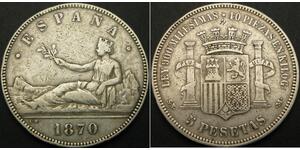1 Yen (售价 $36.0)
1998, Japan, Heisei. Prooflike Silver 5000 Yen "Nagano Winter Olympics" Coin.
Mint Year: 1998
Reference: KM-120.
Denomination: 5000 Yen (equal to ca. $35 US-Dollars!)
Condition: A nice prooflike coin with minimal deposits and some light bag-marking!
Material: Silver (.925)
Diameter: 30mm
Weight: 15gm
The 1998 Winter Olympics, officially known as the XVIII Olympic Winter Games (Japanese: 第18回オリンピック冬季競技大会, Hepburn: Dai Jūhachi-kai Orinpikku Tōkikyōgi Taikai) and commonly known as Nagano 1998 (Japanese: 長野1998), was a winter multi-sport event held from 7 to 22 February 1998, mainly in Nagano, Nagano Prefecture, Japan, with some events taking place in the nearby mountain communities of Hakuba, Karuizawa, Nozawa Onsen, and Yamanouchi. The city of Nagano had previously been a candidate to host the 1940 Winter Olympics (which were later cancelled), as well as the 1972 Winter Olympics, but had been eliminated at the national level by Sapporo on both occasions.
The Heisei era (平成) was the period of Japanese history corresponding to the reign of Emperor Emeritus Akihito from 8 January 1989 until his abdication on 30 April 2019. The Heisei era started on 8 January 1989, the day after the death of the Emperor Hirohito, when his son, Akihito, acceded to the throne as the 125th Emperor. In accordance with Japanese customs, Hirohito was posthumously renamed "Emperor Shōwa" on 31 January 1989.
Thus, 1989 corresponds to Shōwa 64 up until 7 January and Heisei 1 (平成元年, Heisei gannen, gannen means "first year") from 8 January. The Heisei era ended on 30 April 2019 (Heisei 31), with the abdication of Akihito from the Chrysanthemum Throne. It was succeeded by the Reiwa era as then-crown prince Naruhito ascended the throne on 1 May midnight local time.
5 Peseta 西班牙第一共和國 (1873 - 1874) 銀
本组有 38 钱币 / 33 售价
⇑

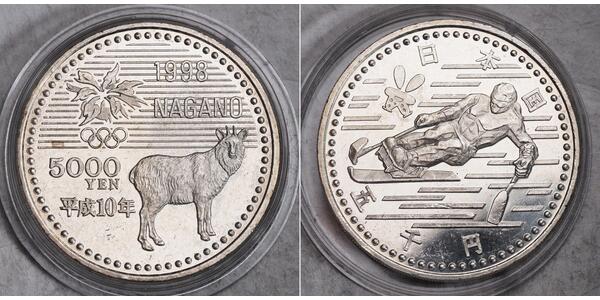


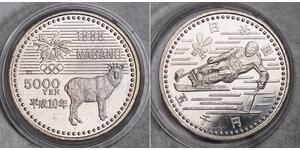
 English
English


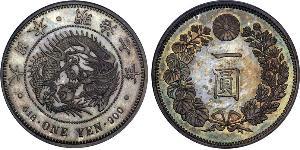
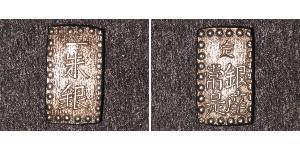

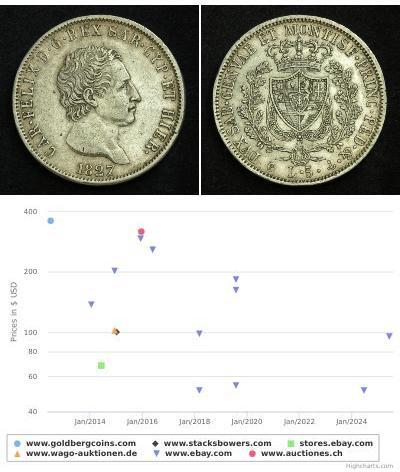
-300-150-DTwKX9ISLbYAAAFanYlMgKms.jpg)
